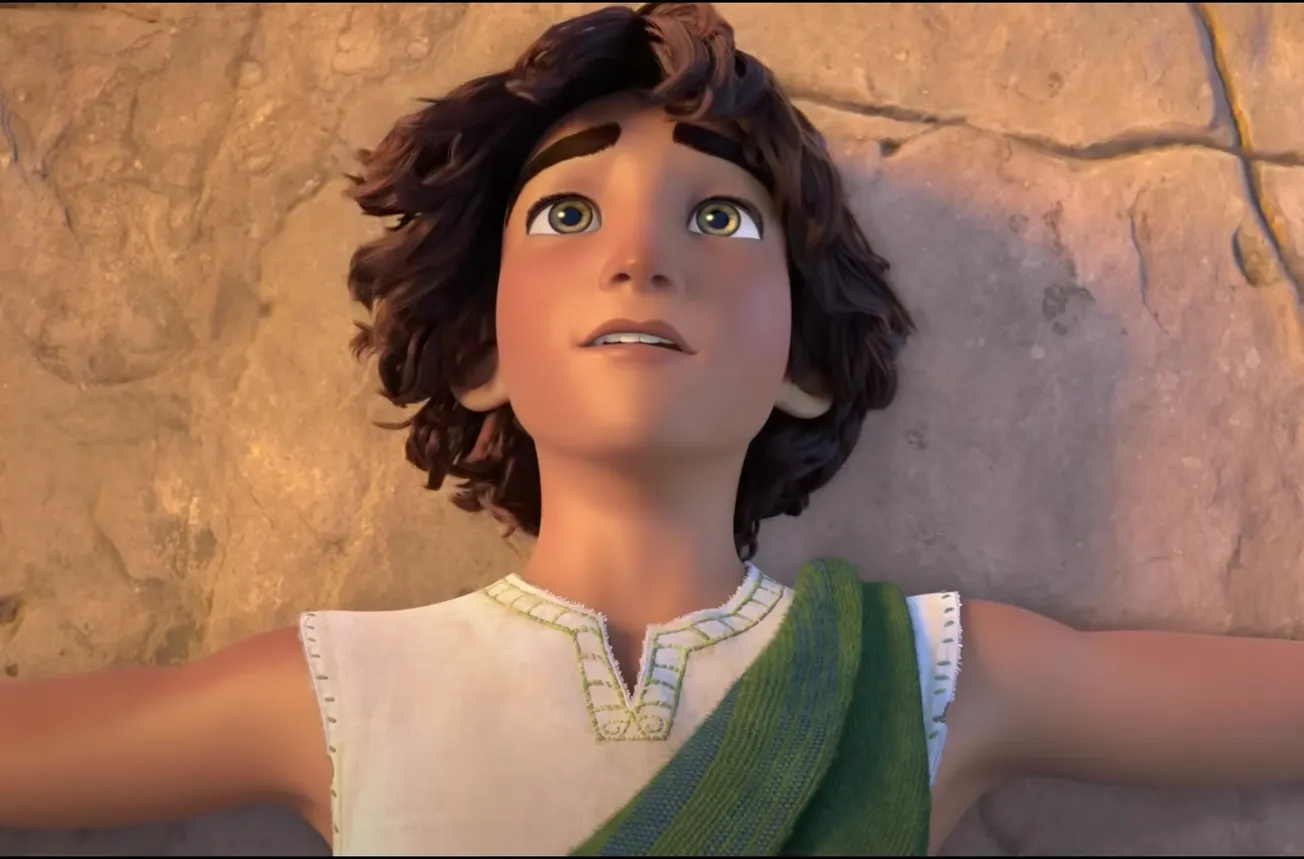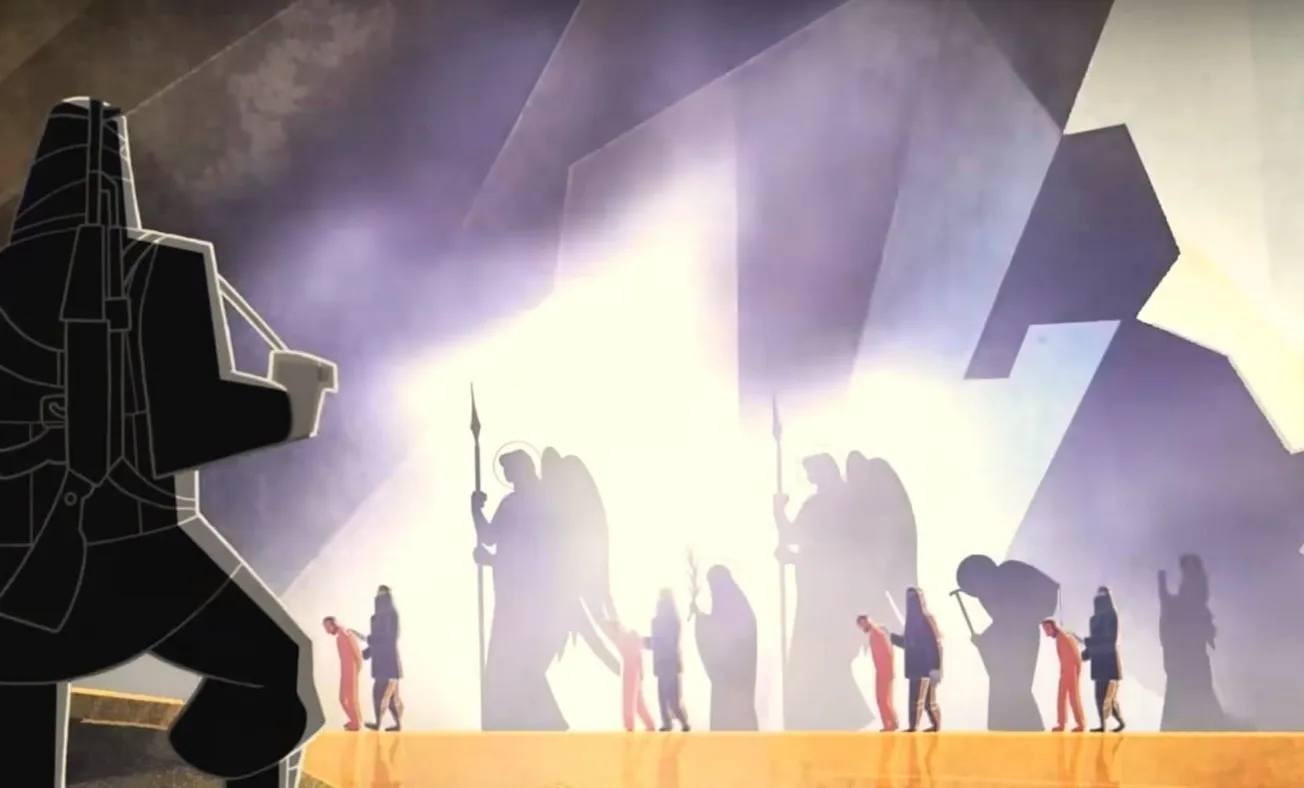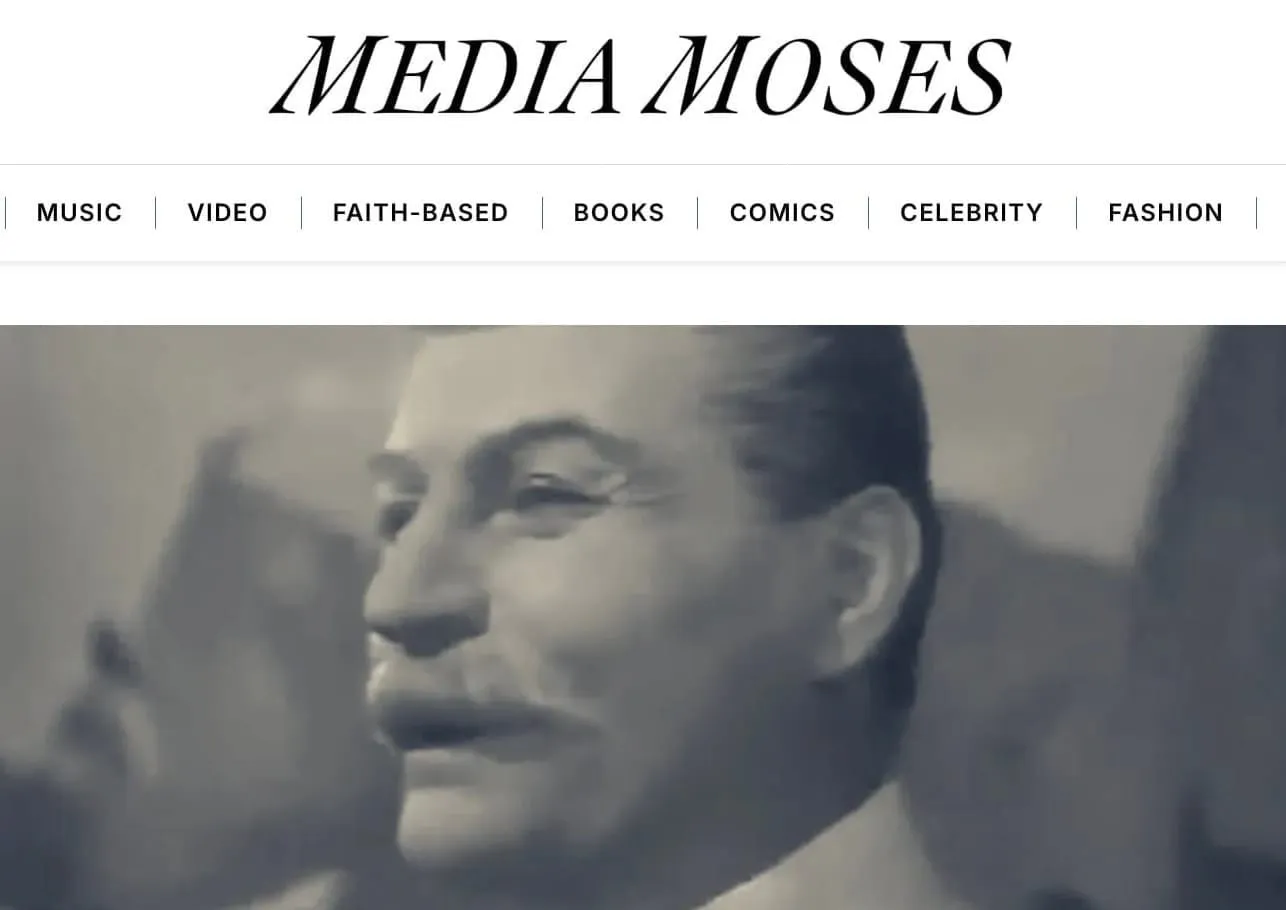Faith-based film The Blind, about the Duck Dynasty patriarch Phil Robertson, has seen relative success at the box office. And so, the film’s director, Andrew Hyatt joins the ranks of filmmakers who are making a difference for the better in Hollywood.
We’ve discussed the film here, and we’ve discussed the film’s “long legs” at the box office here. Now Klavan, from the Daily Wire, interviews the director.
Who is Hyatt? He has made Full of Grace (about Mary, mother of Jesus), All Those Small Things, and Paul Apostle of Christ, along with the newly minted The Blind, about the embattled yet heroic Robertson Family of Duck Dynasty fame. Upcoming, he has the film “Sight” on track for theatrical release very soon.
Hyatt discusses his film, his origins, his visual style, and how filmmakers can improve. Beyond the “banal optimism” that faith-based films often embrace, Hyatt offers an alternative, an authenticity that can guide your stories, which comes through a realness in your own life before God. Drawing from Russian filmmaker Tarkovsky, our job is to look deeply into our own psyche to prepare humanity for death by the skillful use of the art form. How can storytelling accomplish this in our lives? This authenticity is key, says Hyatt.
Learning to embrace the visual aesthetic through the Beauty, Goodness, and Truth paradigm of western civilization is maintained through the Catholic tradition, so Hyatt says. Even if so many in the west cannot teach or understand it, our different interpretation of these things can make us richer as a community, if we let it. Instead of the flame wars of the internet, our Christian community can be well served by learning to discuss, communicate, and express our feelings about God, instead of just discarding each other’s experience and understanding of faith.
Here is the YouTube version of the same interview.
As Americans who struggle with our addictions, and our theology of either Puritanism or Prosperity, often it is authenticity that gets lost in our conversations because these themes in art and film are things we can all learn something from, if we expose ourselves to honest scrutiny. But I find that so many have perspectives that aren’t worth including because they haven’t been tested in the real world, but we remain in our heads and in the theoretical. Back in the day, you could die for your doctrine, so the vivacious fickleness of our hearts lacks conviction and severity.
As George MacDonald might say, “A Light Princess, indeed…”
But, one issue I find with this interview, as a filmmaker, is the weak answer to beginners on how to get into filmmaking. There are real answers on how to do this, and I plan to go into this at some depth in the future.
To quickly sum up (though, in an incomplete way), a learner must do three things…
- Practice your particular craft
- Learn from master storytellers (not just films)
- Learn to be a faithful, honest part of a larger whole (your community)
These three elements are all necessary and important. Often one film job relies more heavily upon one or two of these elements (the social, the private, the intellectual), but as a filmmaker you need to practice and refine all of them. For example, a visual artist may focus more on craft, but if he does weak stories, or if his community is weak, he likely won’t reach the kind of success necessary. I have been studying and practicing film for some time… and I get to witness the weakness of filmmakers around me, with common patterns. If you are not experiencing success in film, it is likely a weakness in one of these areas.
The biggest weakness I see is one thing… weakness in storytelling. Yet this is the one that is the most straightforward- read the classics and the most influential powerful stories that you know of. Study their craft of storytelling. I rarely see this happening, and it is exactly why Hollywood is failing. Hollywood is literally “poisoning the well” of our most foundational western civilizational myths. We must, instead, preserve the values and morals embedded within them.
Our Upcoming Podcasts:
I will discuss more on this in the future, and may do this in podcast form in the future. This is the best place to do in-depth studies and conversations. We are working on multiple podcasts such as OFB, and Cultural Warfare, and When We Love Jesus. If this is something you care about, please weigh in on our social media, and/or offer some support!
Did you enjoy this article on Hyatt and on filmmaking? Are you excited for more of his films? How about our podcast work? Let us know on our social media, or comment down below (with subscription).







